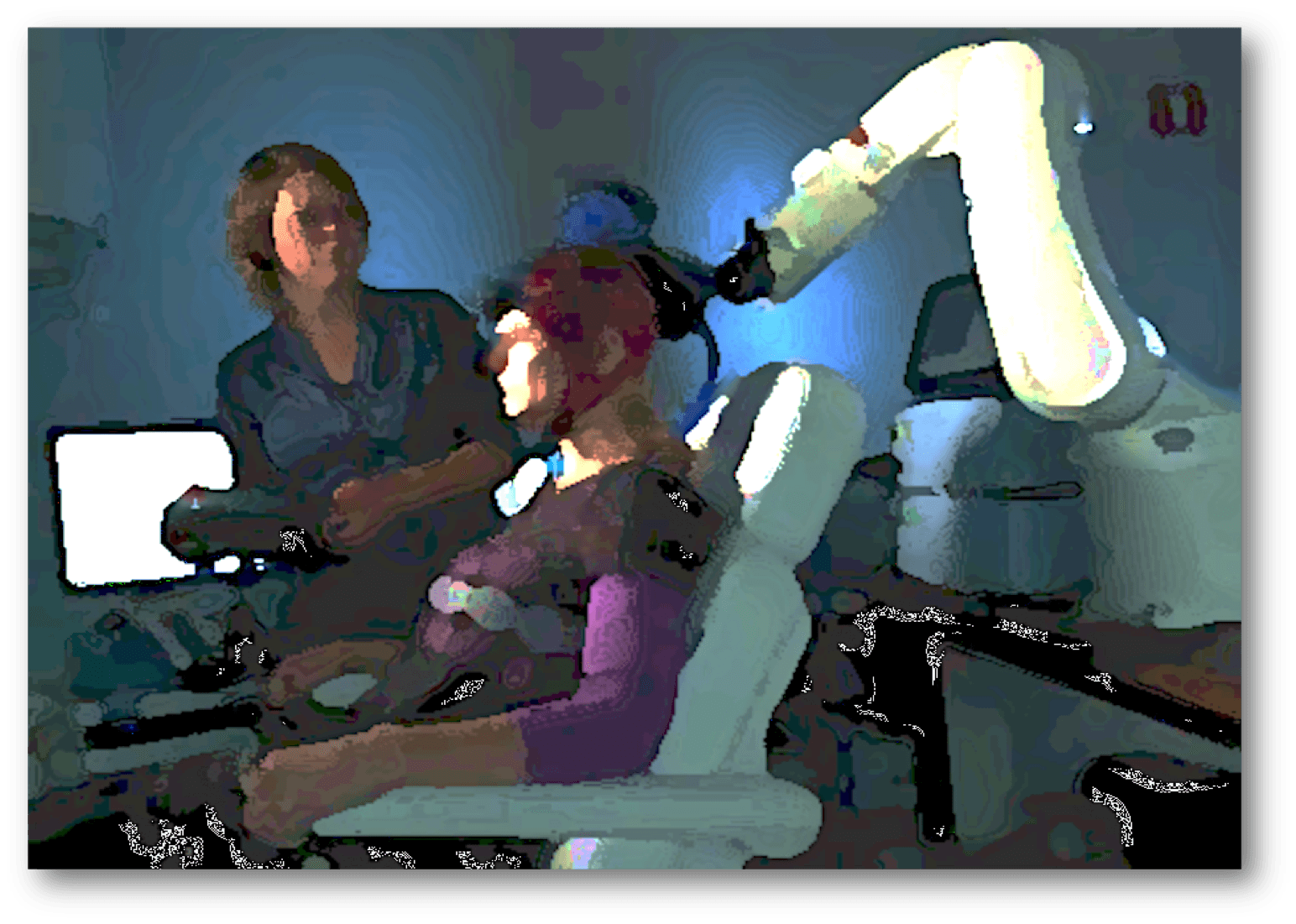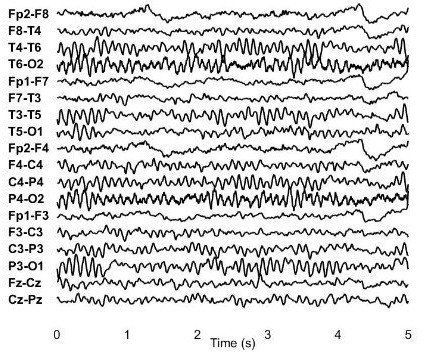The continuous energy need of our brains
We investigate in detail which processes in the brain are most sensitive to energy costs (oxygen and glucose). This research takes place in the Netherlands at the University of Twente, the Twente Medical Center
and the Rijnstate Hospital
and internationally in collaboration with the University Hospital, the Massachusetts General Hospital and the Brigham & Women's Hospital in Boston and Yale, New Haven.

Epilepsy
Epilepsy. What is it? What causes it? What can you do about it? How can you make the diagnosis reliable? There we try to answer our research. Part of this research is funded by the Epilepsy Fund.

The EEG
Almost 100 years old, the EEG is a classical measurement technique with great value in the clinic, ranging from diagnosing sleep disorders and epilepsy to brain death.
Recently, we started to investigate whether it is possible to reliably analyze 'Deep Learning' EEG patterns for patients with epilepsy. In this way we train neural networks with very large amounts of EEG data and thus try to "teach" the computer of these patterns. We hope that it will enable it to be more reliable, faster and cheaper to determine if there are epileptic abnormalities in the EEG.
Recently, we started to investigate whether it is possible to reliably analyze 'Deep Learning' EEG patterns for patients with epilepsy. In this way we train neural networks with very large amounts of EEG data and thus try to "teach" the computer of these patterns. We hope that it will enable it to be more reliable, faster and cheaper to determine if there are epileptic abnormalities in the EEG.
In our research we study how neurons communicate with each other. This particular function is disturbed in many conditions. This not only occurs with energy shortages (brain infarction, after a resuscitation) but also in dementia, such as Alzheimer's disease.
Here I am talking about this video.
Here I am talking about this video.
Read more
Read more about the research
New paragraph
Cardiac arrest and coma
epilepsy
EEG


